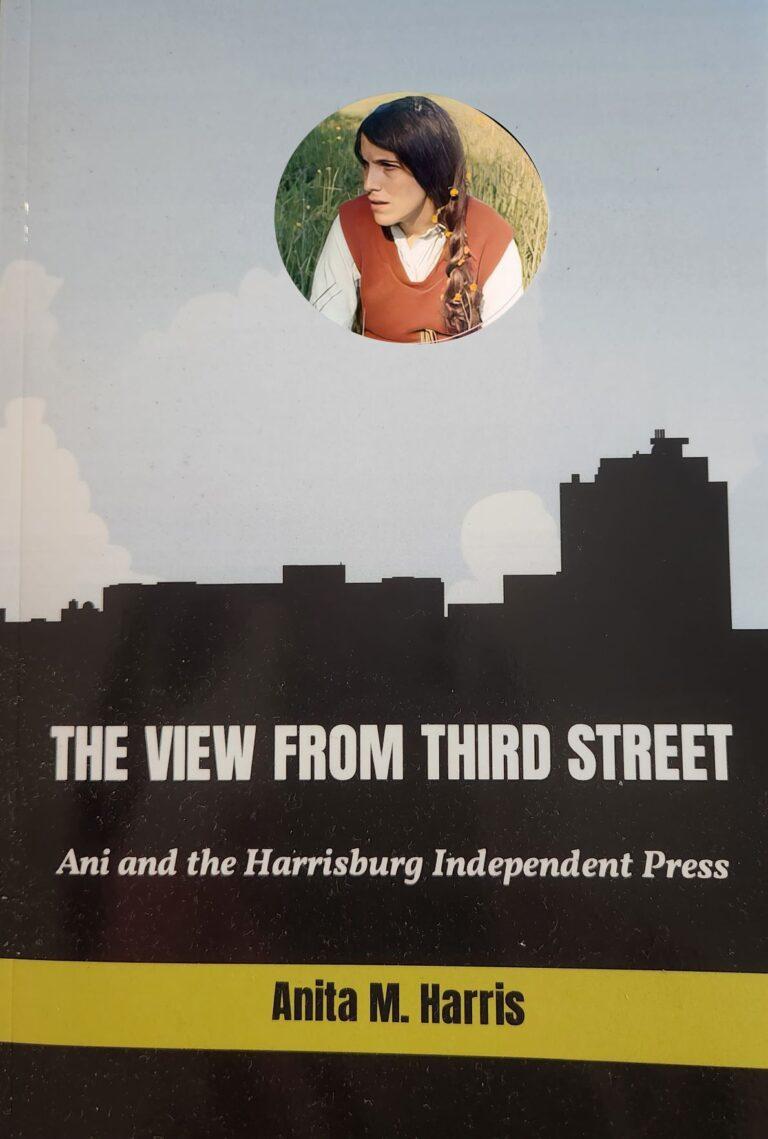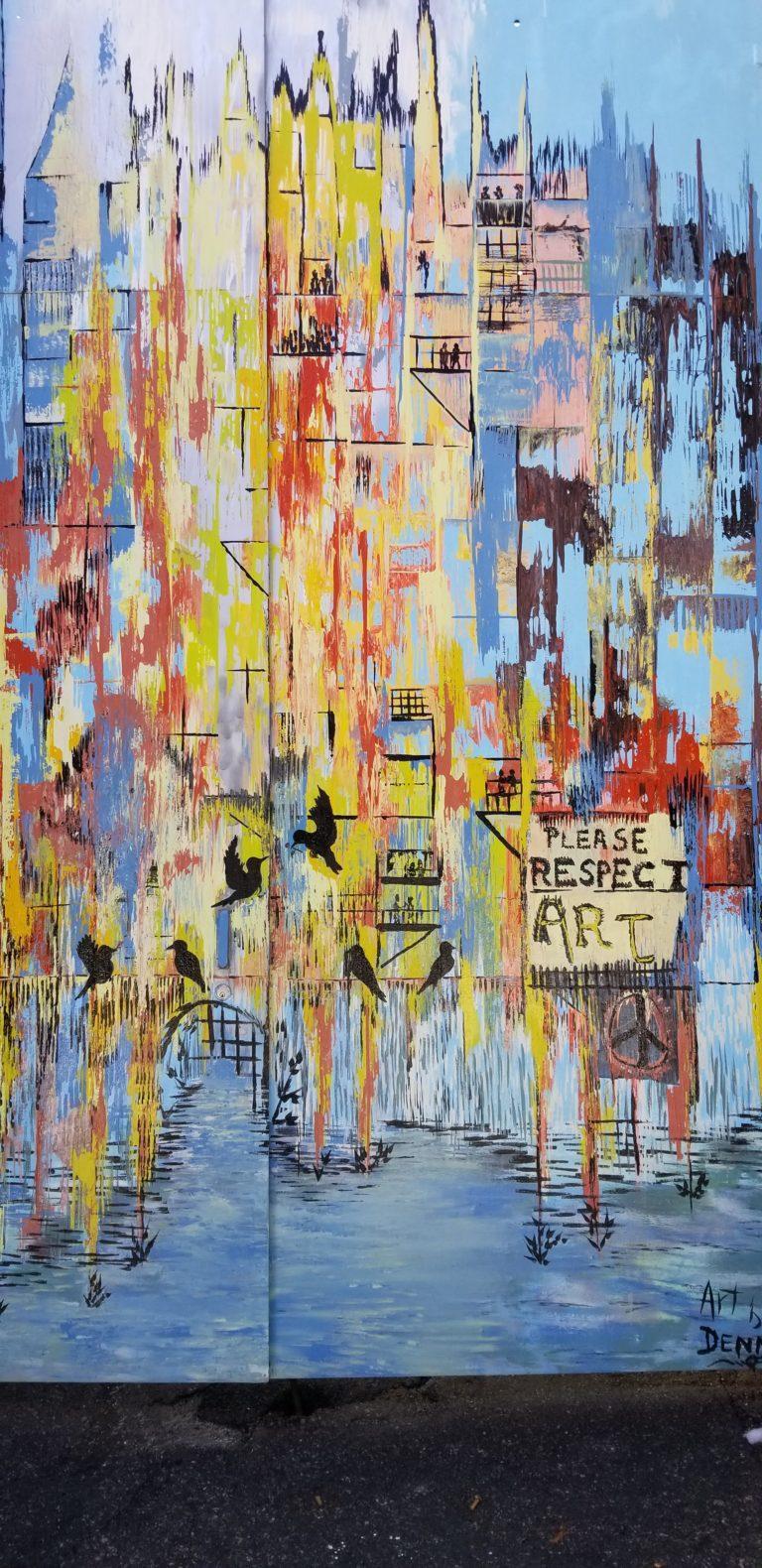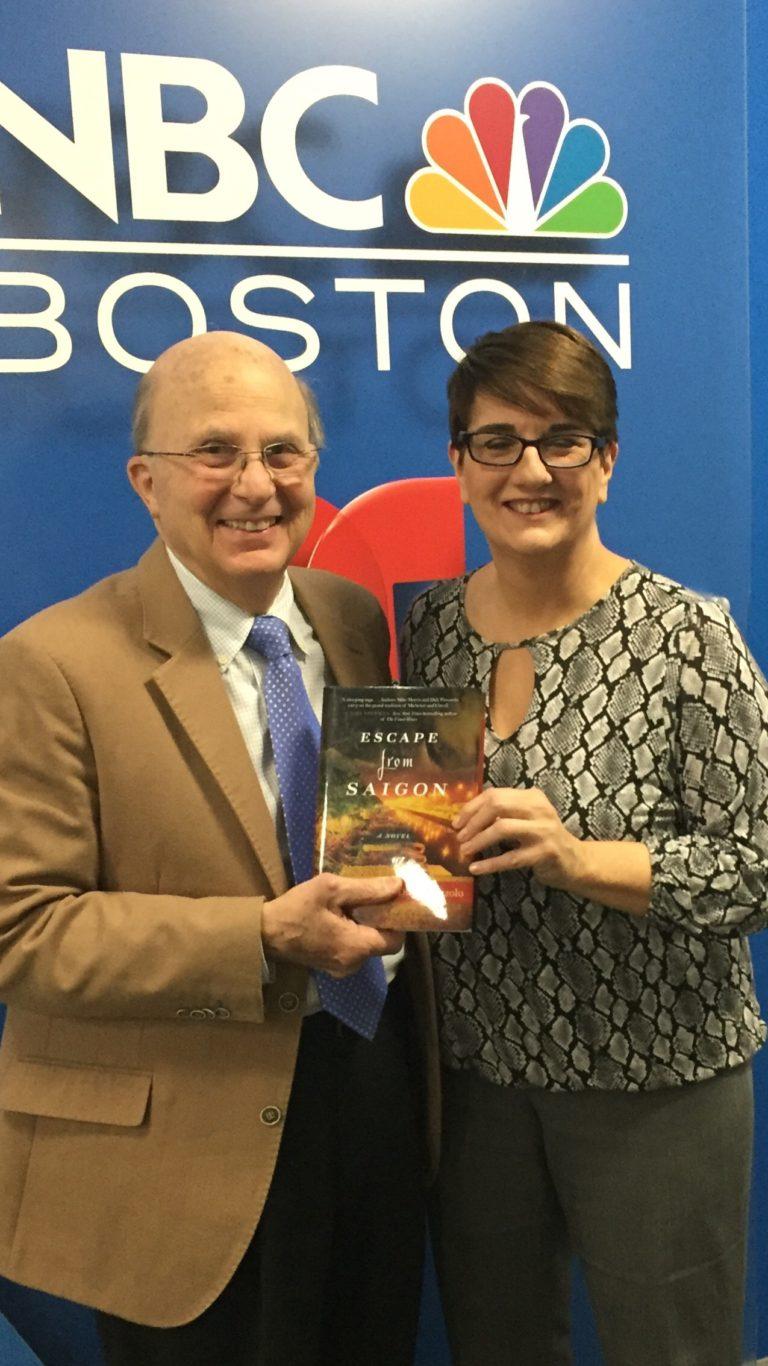I’m a great fan of Sheryl Sandberg and her inspirational book, Lean In. I’m glad she’s embarked on a campaign to encourage girls to become leaders: girls are too often dissuaded from standing up for themselves and from saying what they think.
But I’m concerned about two facets of the campaign.
The campaign is heavily focused on expunging the term “bossy” from our vocabulary, suggesting that we call forceful girls “leaders,” instead. But it’s a mistake to equate being “bossy” (which one dictionary defines as “fond of giving people orders, domineering”) with “leadership.”
To me, a good leader brings out the best in others and encourages them to excel, in reaching common goals. Rather than call girls (or boys) who order others around “leaders,” we should consider them candidates for leadership training. Because some of them are bossy–(pushy, cocky, tyrannical, draconian, oppressive, dictatorial or anti-democratic). And there’s a fine line between “bossy” and “bully,” regardless of gender.
What’s more, there’s a danger that too much focus on corporate leadership will diminish the confidence of girls who are not inclined to head companies, enter politics, or become “bigwigs” in highly visible ways. There are many ways and realms in which to lead—not just in business and government, but in sports, the arts; education, nonprofits, at all levels, in any job, community, school, or family. We should encourage girls to be authentic, to follow their own paths, and to assume leadership in ways that will positively impact their own lives and worlds.
Anita M. Harris is the author of Broken Patterns, Professional Women and the Quest for a New Feminine Identity and the President of the Harris Communications Group, a PR and marketing firm in Cambridge, MA.




One question for you – when did bossy become a sexist word? I know plenty of males and non-bosses of both sexes who can be called bossy. Pardon my vast skepticism, but this seems like another left-wing red herring. I heard this for the first time recently. My initial reaction was – you’ve got to be kidding. Whether of not the word bossy is eradicated from our language is not what’s going to help women break through glass ceilings or have more widespread equity in opportunity and/or pay.The idea that the government can legislate equal pay for any group or individual is also ridiculous if you believe in the free market. Only education, information and communication will eradicate inequality. Women should publicize that a company or organization is unfair and then they should stay away from it and bring their talents to competitors. MS, Newton, MA